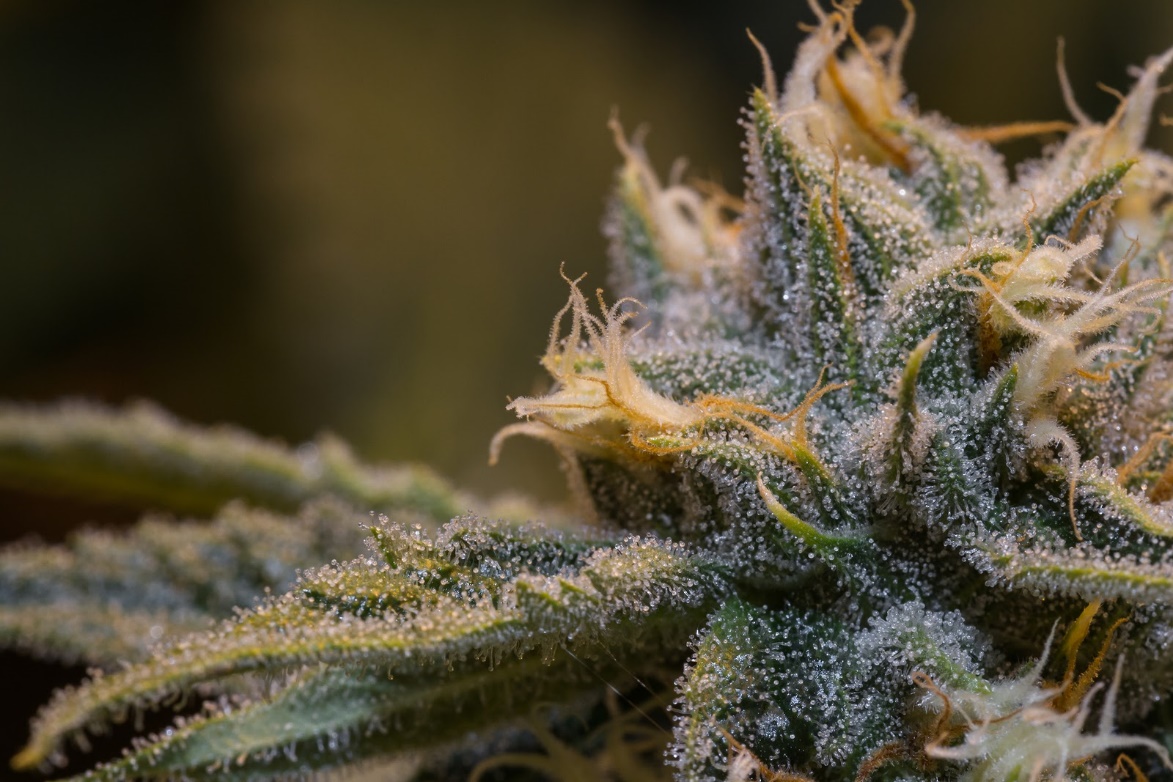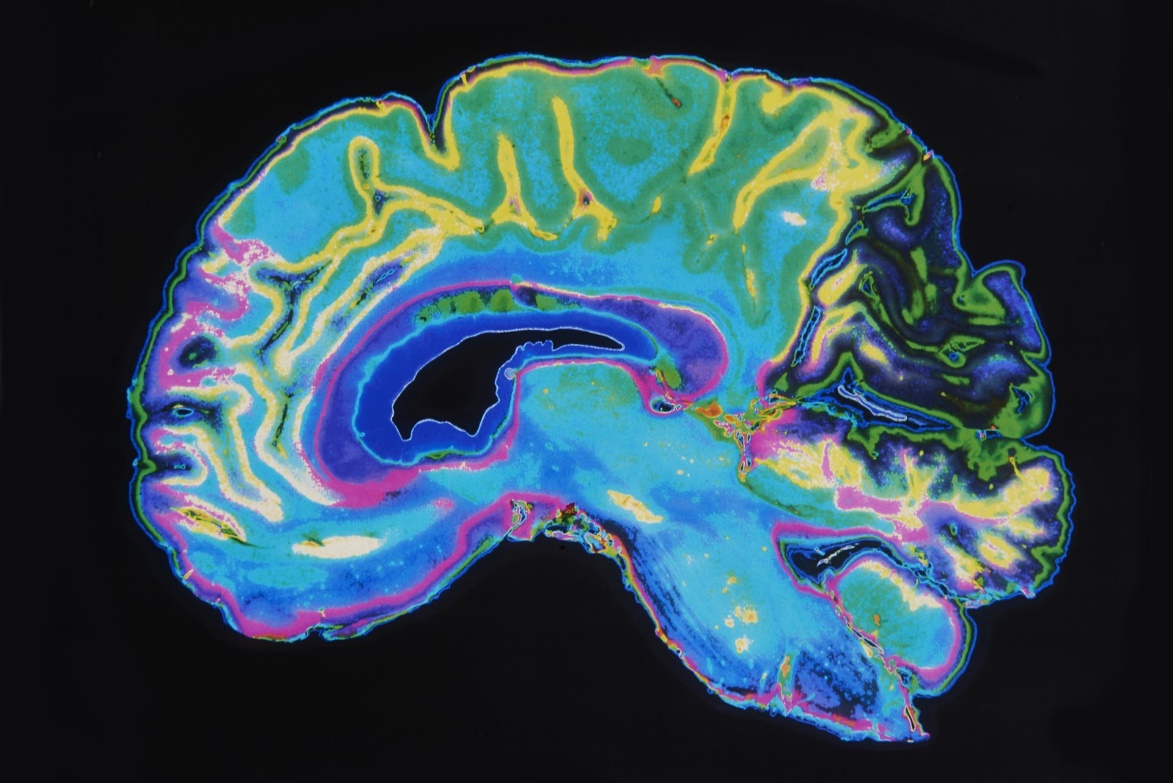Often the stereotypical “stoner” is depicted as moving, thinking, and speaking slowly. It’s an image that’s been reinforced for decades, making appearance after appearance in late-night comedies like Up in Smoke, The Big Lebowski, and Pineapple Express. Whether you love or hate “stoner comedies,” it’s impossible to deny their impact on the way our culture perceives marijuana users, particularly when it comes to intelligence and learning. But does using recreational or medical marijuana really make you dumber, or is that just an exaggeration played for laughs in the media? Read on to learn how Cannabis actually affects human intelligence – and prepare to be surprised.

Will Using Marijuana Make Me Less Intelligent?
If you search the phrase “does marijuana lower your IQ” in Google, you’ll get back more than 400,000 results. (Try it with the word “weed,” and you’ll get closer to a million.) It’s a testament to how strongly our culture has latched onto the idea of the “dumb stoner” – but does it have any scientific merit?
Like most questions about the effects of marijuana, the best and most reliable answers lie in peer-reviewed medical studies. And what they have to say may surprise you.
In 2012, a Duke University study published in the respected journal PNAS (Proceedings of the National Academy of Sciences of the United States of America) made headlines after claiming, “Persistent [C]annabis use was associated with neuropsychological decline broadly across domains of functioning, even after controlling for years of education.”
The study, which began in 1972, traced more than 1,000 people from adolescence to middle age, with examination intervals at ages 18, 21, 26, 32, and 38. In the study, “Neuropsychological testing was conducted at age 13… before [the] initiation of [C]annabis use, and again at age 38… after a pattern of persistent [C]annabis use had developed.”
The study found that not only did “persistent Cannabis use” hamper brain function, but also that “cessation of [C]annabis use did not fully restore neuropsychological functioning among adolescent-onset [C]annabis users.” In other words, not only did habitual marijuana use reduce participants’ cognitive abilities, but stopping its use didn’t restore any lost function, either.
At first, the study seemed like a victory for anti-marijuana activists and legislators, lending data-driven credence to the idea of the “dumb stoner.” However, the victory was short-lived. As other researchers were quick to point out, the Duke study was compromised by multiple flaws that resulted in skewed data.
Only a month after being published, the Duke study drew criticism from Carl Hart, a professor at Columbia who is perhaps best known for his work studying drug abuse and addiction. As Hart observed, only 38 of the 1,037 people examined in the Duke study – in other words, less than 4% – were categorized as “heavy users,” despite the fact that “The purpose of the [Duke] study was to test the association between persistent [C]annabis use and neuropsychological decline.”
Speaking to Time Magazine in August 2012, Hart explained why he was dubious of the study’s outcome based on the number of heavy users. In studies Hart conducted, in which participants used marijuana at least three times per week, “When you compare these people’s scores to a normative database on a wide range of domains including executive function, memory and inhibitory control, they score dead smack in the middle, in the 50th percentile.”
Elaborating, Hart continued, “They are normal when not intoxicated. We test them when they are not intoxicated and when they are intoxicated. When they are intoxicated, there is some slowing of certain cognitive acts, but their accuracy doesn’t not change.”
These statements are corroborated by multiple studies that have found delayed reaction times in marijuana users while they are intoxicated, particularly while driving. So, while it may be fair to joke about marijuana users being slow (at least while intoxicated), it’s not accurate to claim they are less intelligent. It’s important to emphasize that driving under the influence is risky and dangerous. However, we also need to make a distinction between delayed reaction times and decreased intelligence, which are obviously not synonymous.

Studies Show No Link Between Intelligence and Marijuana Use
The study’s small sample size wasn’t the only problem with the research, nor was Hart the only person to question the data. About six months later, other researchers published a counter-study in PNAS, the same journal where the Duke study was originally published. Despite the Duke study’s claims, the counter-study noted the following:
“[The Duke study] found a positive association between, on the one hand, adolescent-onset [C]annabis use and dependence and, on the other hand, a decline in IQ from childhood to adulthood… The association is given a causal interpretation by the authors, but existing research suggests an alternative confounding model based on time-varying effects of socioeconomic status on IQ.” Further, “the causal effects estimated in [the Duke study] are likely to be overestimates, and… the true effect could be zero.”
The study’s conclusion? “Although it would be too strong to say that the results have been discredited, the methodology is flawed and the causal inference drawn from the results premature.”
As if that weren’t enough to cast serious doubt on the veracity of the Duke study, even more research, this time conducted by the University College of London, questioned its findings further. The London study (called the “Avon Longitudinal Study of Parents and Children”), which tracked more than 2,600 children from 1991 onward, simply uncovered “no relationship between [C]annabis use and lower IQ at age 15” when participants’ IQs were tested at ages eight and 15, after adjusting for factors like nicotine use, alcohol use, and the education levels of the participants’ parents. (Interestingly, the London study did find a correlation between drinking and lowered IQ.) These findings were also noted in research published in the Journal of Pyschopharmacology.
On a final note that you may find interesting if you follow the politics around marijuana research and public policy, the Duke study did attract at least one supporter: Dr. Nora Volkow, director of the National Institute on Drug Abuse (NIDA), who told the Associated Press, “I think this is the cleanest study I’ve ever read.”
Though Dr. Volkow has certainly made accurate statements about some aspects of marijuana use – telling NPR, for example, “You can have a psychotic episode from the use of marijuana without it turning into schizophrenia” – NIDA hasn’t traditionally been a steward of neutrality in Cannabis research. As I discussed in my article on how marijuana research is funded in the United States, not only did NIDA spend more than half a century helping the Drug Enforcement Administration (DEA) maintain a destructive monopoly over all Cannabis cultivated for scientific research – it continues to focus most of its resources on an anti-Cannabis agenda where topics like drug abuse, intoxicated driving, and marijuana use prevention take precedence.
Now, none of this is to say that Cannabis carries absolutely no risk when used by children or teenagers. As I discussed in an article on this very subject, marijuana use could have both pros and cons in young people, with some of the potential cons relating to brain structure and behavioral changes. It is imperative to ensure that the pros of adolescent Cannabis use, such as relief from drug-resistant epilepsy, would outweigh the cons – and that can only be determined by a Cannabis specialist on a case-by-case basis after a thorough medical work-up.
Nonetheless, on the question of IQ, the research seems clear: there is more and better information supporting the hypothesis that marijuana does not lower intelligence. While the image of the “dumb stoner” unfortunately persists, science tells us it is not based in reality.

Medical Marijuana in Boston, MA Serving Patients Over 18
Cannabis has dozens of applications in medicine and general wellness. Countless studies and patient surveys indicate that Cannabis is a gentle, fast-acting, low-risk treatment for a wide range of medical conditions and their effects. To provide a few examples, Inhale MD serves patients who are interested in learning about marijuana for back pain, marijuana for joint pain, marijuana for anxiety, marijuana for depression, marijuana for sexual dysfunction, marijuana for insomnia, and many other qualifying conditions in Massachusetts. Further, healthy adults can use Cannabis for enhanced sexual or athletic performance, better results when meditating, elevated mood, and other purposes.
We are not a dispensary, and we do not sell or provide Cannabis or Cannabis products. We do provide medical consultations for patients with qualifying conditions, and we do teach healthy adults about how to use Cannabis in a safer, more effective manner. Our offices are located in Cambridge and Brookline to serve residents of Massachusetts, while secure online consultations bring personalized Cannabis guidance directly to the rest of the world. To schedule a confidential consultation, call Inhale MD at (617) 477-8886 today.

